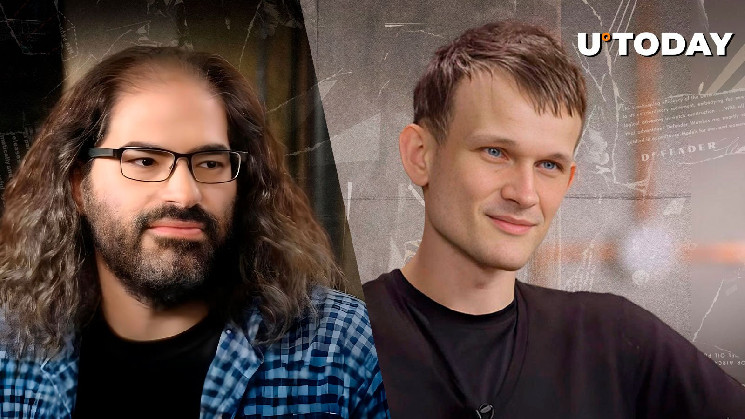With Ethereum in the middle of a major restructuring, the conversation about decentralization took an unexpected turn. Ripple CTO David Schwartz joined the discussion, offering a measured defense of Vitalik Buterin’s methods, even as debates over centralized decision-making continued to dominate talks.
Buterin recently made some major changes to the Ethereum Foundation on his own, and people are feeling all kinds of ways about it. He is clearly set on addressing leadership gaps and getting more people involved.
But these changes have also made it clear that there are some tensions in the Ethereum vision. Can decentralization and a single person with so much influence coexist?
“That is how decentralization works”
Critics were not shy about speaking their minds. Old grievances came back up, with some pointing to the chain rollback after the big hack. Some people think that this goes against the whole idea of decentralization.
Even the fact that the foundation has been selling Ethereum in 2024 and 2025, which Buterin said was necessary to manage operating costs, has only added fuel to the fire.
But Schwartz saw the big picture and offered a different take. He suggested that decentralization is not about rigid uniformity or guarantees of consistency.
Instead, it thrives on the freedom to choose — whether that means adhering to Ethereum’s evolution or seeking alternatives like Ethereum Classic. For Schwartz, this flexibility is not a flaw but a hallmark of true decentralization.
That is how decentralization works. Nobody can guarantee it will work the same tomorrow as it does today for anyone but themselves. Everyone got what they wanted — you can use ETC if you prefer but you can’t force others to use it or value it more.
— David “JoelKatz” Schwartz (@JoelKatz) January 21, 2025
It is interesting that support for Buterin’s changes came from unexpected places. Solana founder Toly Yakovenko said that change, even disruptive change, is essential for any thriving ecosystem.
Buterin’s vision, though unconventional and at times divisive, seemed to resonate with those who see Ethereum as a work in progress rather than a finished product.
Read the full article here

